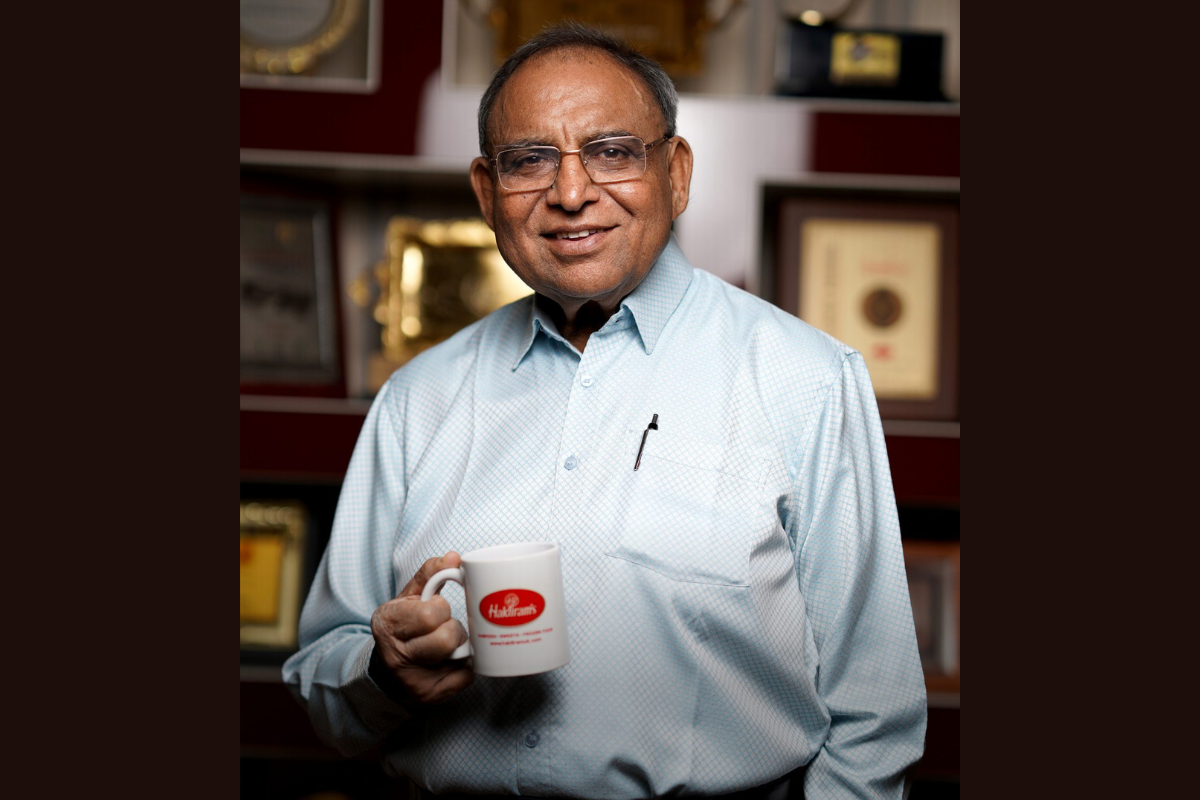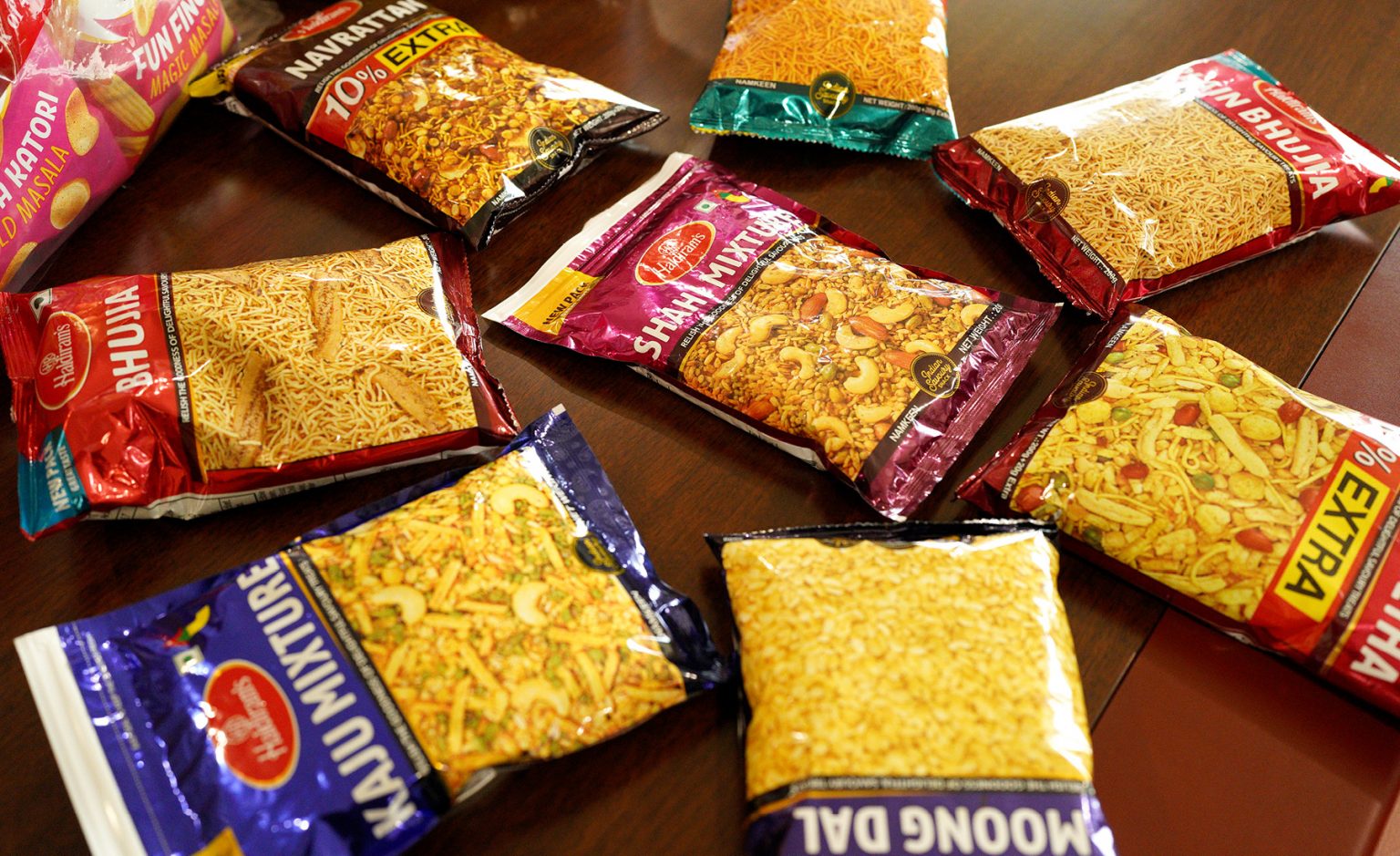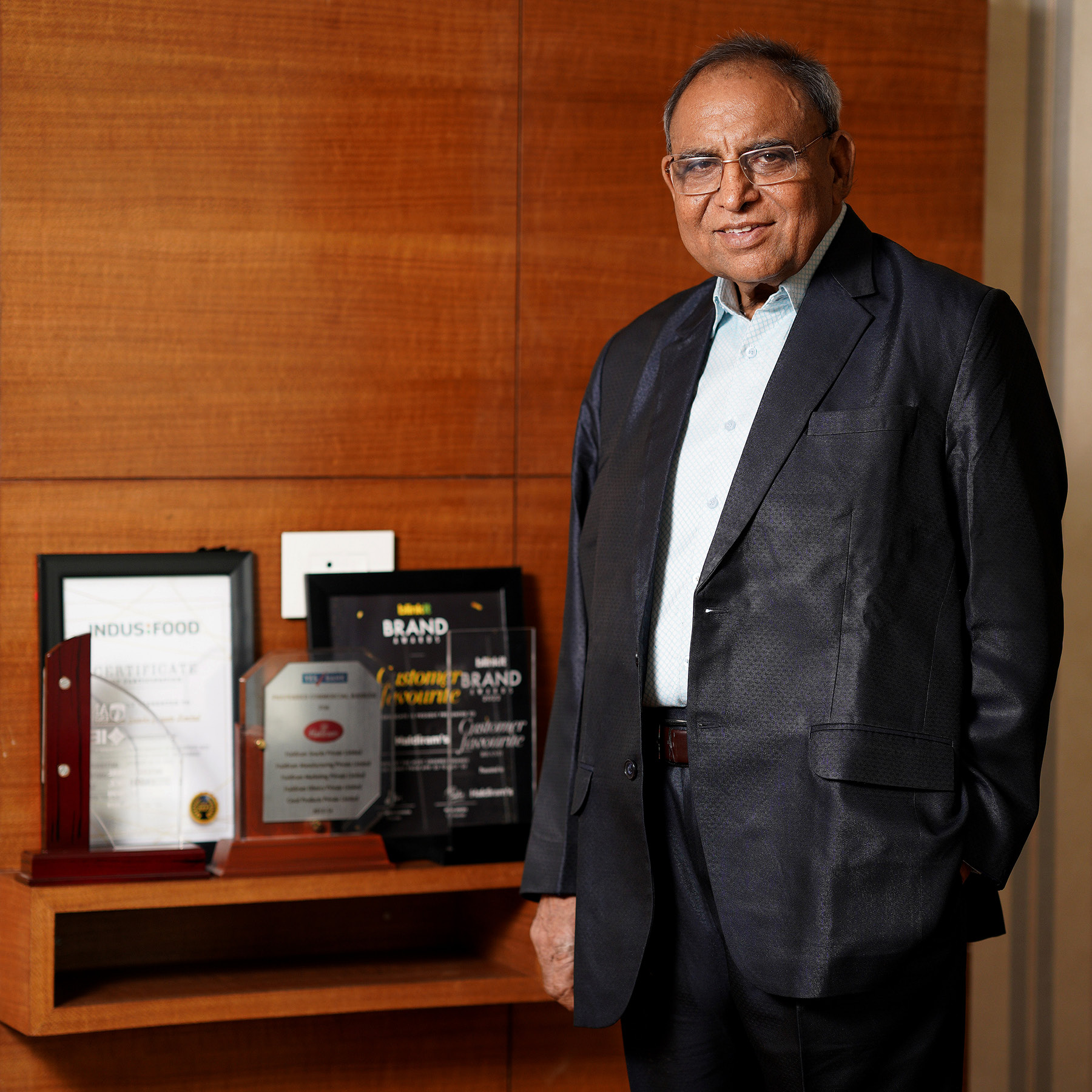India’s Snack King: Ashok Kumar Tyagi
Haldiram Snacks Executive Director Ashok Kumar Tyagi puts customers front and center at the Indian food giant. And the most valuable ones can be those who make a complaint.
Haldiram Snacks is one of India’s leading food manufacturers and restaurant operators, exporting traditional Indian delicacies to retailers in more than 80 countries.

Despite its significant global footprint and rich heritage, it takes customer complaints extremely seriously. In fact, one of the secrets of its extraordinary success is using all such feedback to improve its already sky-high standards.
"We treat our customers as gods and make every effort to delight them," Executive Director Ashok Kumar Tyagi tells The CEO Magazine. "We are 100 percent customer centered, so whenever there’s a complaint from a consumer, distributor or stockist, it will appear on my dashboard and be routed to the appropriate department, and I can track it on a daily basis until it’s resolved."

Dissatisfied customers may be rare, but their suggestions have proved to be a rich source of taste improvements.
"Suppose a customer says, ‘this product needs slightly more masala.’ We’ll immediately test doing just that at one of our quick service restaurants to investigate whether it would taste better with, say, 0.2 percent or 0.3 percent more of whatever ingredient is in question. If it does improve the flavor, we change the recipe. So receiving such feedback really does help us elevate our quality."

We treat our customers as gods and make every effort to delight them.
Haldiram is known for its range of sweet and savory vegetarian snacks, including pani puri, pickles, syrups, instant food mixes, ready-to-eat meals, chips and namkeens. It also runs nearly 125 restaurants.
Rapid growth
Its beginnings, as a small corner shop selling freshly cooked treats in Bikaner, Rajasthan, are humble. The business really took off in 1983 after it opened a store in Delhi and saw its delicious offerings flying off the shelves.
More outlets followed, and soon it was exporting its namkeen, sweets, cookies, chutneys, curries and other favorites to the growing Indian population in the United States and beyond.
In 2016, it became India’s biggest snack maker, overtaking a raft of multinationals, and last year it had operating revenues of around US$800 million.
Tyagi has been Executive Director since 2006, overseeing every aspect of the company from production, sales and marketing to product innovation, finance, diversification and expansion.
He began his career in 1984 with Wimpy International in Delhi before spending nine years working his way up through the ranks at Uncle Chipps, the country’s largest potato chips producer, where he became President in 1997.
After six years at the helm of Amrit Food, he joined Haldiram. Tyagi has since had a spectacularly successful 17 years, winning Business Leader of the Year from ET NOW and CEO of the Year from the India Food Safety Summit. His career was recently recognized with a Food Industry Icon Lifetime Achievement Award from the India Food Forum.
Village view
For Tyagi, a key strategy has been increasing the availability of Haldiram’s range in rural and remote areas through a network of distributors organized through states and tehsils (administrative districts) right down to individual villages.
"We try to appoint two or three distributors per tehsil, and every distributor has to cover 30 to 40 villages. So, on a Monday, he’ll cover five to six, Tuesday, a similar number and so on. That way, each gets a weekly service and we increase our penetration."
We’ll launch in urban areas first, and if they’re successful, we may try them in rural areas.
The system is proving effective, despite the long distances involved, the necessity of retailer subsidies and frequent payment delays. Another challenge has been finding enough high-quality salespeople, so Tyagi has utilized third parties including Adecco, a multinational human resources group.
At the same time, automation has meant Haldiram can reduce the margins it has to give to get its product across wider areas.
"We’re not going to sell every product in rural areas, only those that contribute toward 80 percent of the business. So we’ll launch in urban areas first, and if they’re successful, we may try them in rural areas."
A Problem Shared
"A leader needs to learn every day and not believe he understands everything. I’m continuously learning and finding ways to take on challenges and solve problems by talking to people in the marketplace and hearing their opinions," Tyagi says.
"That also involves treating all our suppliers as business partners, and working very closely with them, because those relationships are so important. If we are automating a particular process, then we invest time to help the supplier adapt to the new innovations."
Every single snack, no matter how successful, won’t escape Ashok’s gaze if even a single customer suggests a way it could be improved. The Haldiram way, from its first little store to its status as a global leader, is to not only listen to customers, but to act swiftly when any sort of improvement can be made.